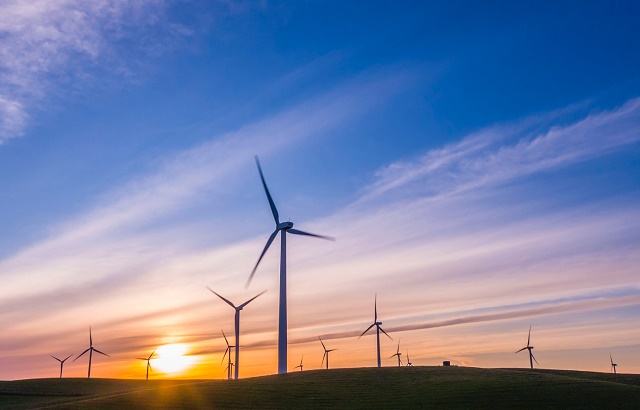There is no denying that ESG is becoming a pillar within financial services, not just the mere trend people thought it would be a few years ago.
While the main focus has been on investing since its inception, the principles underpinning ESG strategies – positive impact on the environment, society and governance – have started spreading into other areas of financial advice.
For instance, estate planning and tax-efficient investing can be sustainable too, Andrew Aldridge, partner and head of marketing at Deepbridge Capital, told International Adviser.
The firm launched its estate planning service in 2015 and made its first investments in early 2016, with the only difference being that it just invests in renewable energy.
While the company offers enterprise investment schemes (EISs) in other sectors, such as technology and life sciences, it found renewable energy to be particularly suitable for estate planning purposes.
Tax reliefs
There are two main reasons for this, Aldridge said.
First, renewable energy businesses are trading companies, “which is very important for business relief and business property relief qualifications”.
This is because in order to get these types of relief, companies have to be “doing, selling or making something”, he said, “they have to be physically trading” and, as far as renewable energy goes, “a wind turbine turns and creates electricity, which is then sold to the grid”. “It’s the very essence of a trading company”.
“It ticks all the boxes as far as HMRC is concerned from the relief perspective,” Aldridge added.
And with inheritance tax thresholds in the UK frozen until at least April 2026, he believes getting relief on estate planning can only be beneficial to clients.
In order to qualify for business or business property relief, an investor has to hold the asset for a minimum of two years and hold it on death too.
Those two years, however, do not need to be consecutive as long as they are out of the last five, Aldridge explained.
He added there is an additional incentive called replacement relief where, “if you were to sell a family-run business that qualified for business relief, as long as you re-invest that money within three years, that qualifies for business relief automatically, and you won’t have to wait the full two years”.
Physical assets
The second reason to invest in renewable energy as part of one’s estate planning is that clients are investing in assets that are “heavily government subsidised”, meaning they have “good regular income that you can predict relatively in advance”.
This is also true, Aldridge said, because there are “wind records for the past 60 years that you can look at […] and they are a fairly straightforward metric” to base calculations on.
“So, for example, our wind turbines currently have government subsidies against them until 2037 and they are index-linked. So, obviously, in a high inflation world, having an index-linked subsidy against your assets smooths that inflation curve.”
But, he added that, if all else fails, since clients are invested in physical renewable energy assets, they can be sold.
This is why Aldridge is urging people to talk to an IFA as soon as they possibly can and set up an estate plan, especially in an environment with inflation at a 40-year high and personal tax thresholds frozen for another four years.
But he also believes that investing in renewable energy is not only the right thing to do from an ESG and economic perspective, but it is also an investment in younger people and their future.
“It’s not just about the passing on of inheritance tax to the next generation, it’s actually about a green society, a green economy, energy security in the UK or in other countries.
“So, if you’re looking for a tool for inheritance tax planning, and you’re looking for that longevity, then renewable energy has got to be a place you’ve got to be considering,” he added.








